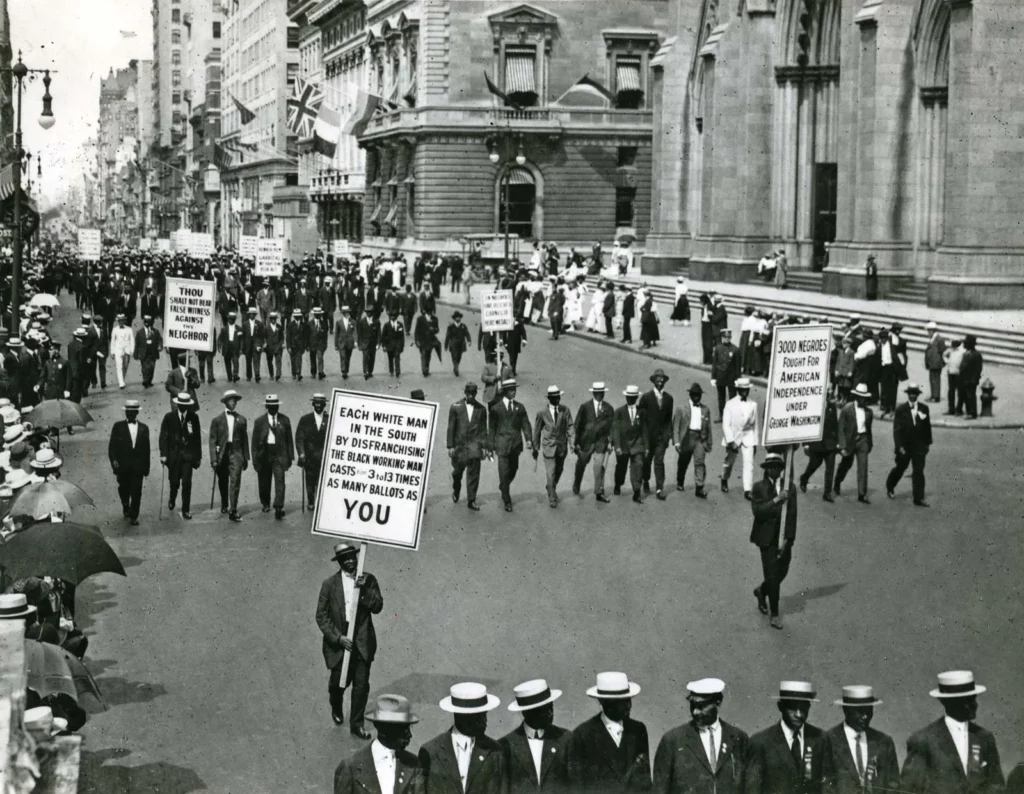Businesses consent to pay for employees’ travel and out-of-state abortion costs

Women in the United States have been prohibited from using drugs for contraception and medical abortions since the 19th century. The repeal of this prohibition would merely encourage women to use risky techniques and jeopardize their livelihood, but it will not stop all women from getting abortions. Women with unwanted pregnancies now have three options: use another form of contraception, relocate to a place where abortions are permitted, or endanger their lives by getting an illegal abortion [3-8].
The legitimacy of the Court, formerly an impenetrable cornerstone of the American elected system but now more under scrutiny for its decisions that differ from the majority of the general public, has come under scrutiny as a result of this contentious judgment. Since Roe v. Wade was overturned, several conservative states have either guaranteed or are contemplating prohibiting abortion [9-11].
Significant corporations including Meta, Zillow, Disney, Netflix, JP Morgan, and many more have agreed to cover employee travel or abortion costs. Abortion is presently illegal in many places; thus women must leave their local region to obtain one legally. Facebook and Instagram’s parent company, Meta, said that it will reimburse staff members who need to travel outside of their native state for abortions [12-14].
Employees at JPMorgan Chase will receive reimbursement for out-of-state abortions. Travel benefits for some approved services that call for travel have historically been covered by the company’s health care policies. The plan will now include “covered services that can only be provided far from your residence, including abortion,” beginning in July [15-17].
Amazon, Warner Brothers Discovery, and Dick’s Sporting Goods are among the businesses that will pay for employees to fly to another state for an abortion. “We’re ready to make sure that all of our colleagues have consistent and safe access,” says Amazon CEO Lauren Hobart [18-20].
A new Texas legislation that may make drivers of Lyft and Uber accountable if they are found to be carrying a woman who is having an abortion has prompted them to establish legal defense funds. Numerous companies have promised to cover the costs of female employees’ travel and reproductive health care. Some of the companies offering to assist these women include CVS, Microsoft, Netflix, Bumble, and United Health [21-23].
Roe v. Wade, a case that established women’s constitutional and federal right to an abortion, was overturned by the U.S. Supreme Court on June 24 by a 6-3 decision. The judgment will allow states to choose their own abortion laws and open the door for many more to do so. The parent company of Facebook and Instagram, Meta, said that it will pay for employees to go outside of their home country for abortions. Several companies, including Amazon, Warner Brothers Discovery, and Dick’s Sporting Goods, will pay for employees to travel to another state for an abortion.
References
[1] R. B. Ginsburg, “Some thoughts on autonomy and equality in relation to Roe v. Wade,” NCL Rev., vol. 63, p. 375, 1984.
[2] M. Fernandez and E. Eckholm, “Court Upholds Texas Limits on Abortion,” Sup. Ct. Preview, p. 417, 2015.
[3] M. R. Corbett and K. L. Turner, “Essential elements of postabortion care: origins, evolution and future directions,” International family planning perspectives, vol. 29, no. 3, pp. 106-111, 2003.
[4] R. Hussain, “Unintended pregnancy and abortion in Uganda,” 2013.
[5] M. Berer, “Abortion law and policy around the world: in search of decriminalization,” Health and human rights, vol. 19, no. 1, p. 13, 2017.
[6] J. H. Tanne, “US regulator says abortion pills can be dispensed by post—temporarily,” ed: British Medical Journal Publishing Group, 2021.
[7] J. Zalot, “The Biden Scorecard: Abortion,” Ethics & Medics, vol. 46, no. 6, pp. 3-4, 2021.
[8] A. Senander, “Catholic Vice Presidential Candidates and the Politics of Abortion: The 2012 Debate in Context,” in The American Election 2012: Springer, 2014, pp. 249-258.
[9] H. J. Abraham and B. A. Perry, Freedom and the court: civil rights and liberties in the United States. Eighth Edition, 2003.
[10] R. F. Noss, M. O’Connell, and D. D. Murphy, The science of conservation planning: habitat conservation under the Endangered Species Act. Island Press, 1997.
[11] N. Gingrich, A nation like no other: Why American exceptionalism matters. Simon and Schuster, 2011.
[12] F. D. Ginsburg, Contested lives: The abortion debate in an American community. Univ of California Press, 1998.
[13] S. Crookston, “Navigating TRAP laws, protesters, and police presence at a Midwestern abortion clinic in the United States: A case study,” Feminist Encounters, vol. 4, no. 2, 2020.
[14] K. White, V. deMartelly, D. Grossman, and J. M. Turan, “Experiences accessing abortion care in Alabama among women traveling for services,” Women’s Health Issues, vol. 26, no. 3, pp. 298-304, 2016.
[15] M. Gilles, “Opting out of liability: The forthcoming, near-total demise of the modern class action,” Mich. l. rev., vol. 104, p. 373, 2005.
[16] B. I. Page and M. Gilens, Democracy in America?: what has gone wrong and what we can do about it. University of Chicago Press, 2020.
[17] J. Dean, The communist horizon. Verso Books, 2012.
[18] R. Rosenberg, “Tax Credits vs. Corporate Social Responsibility: The Entertainment Industry’s Challenge to State Anti-Abortion Bills,” Ohio NUL Rev., vol. 47, p. 1, 2021.
[19] N. Landau, TV outside the box: trailblazing in the digital television revolution. Routledge, 2015.
[20] R. Krefting, All joking aside: American humor and its discontents. JHU Press, 2014.
[21] C. Borowiak and M. Ji, “Taxi co-ops versus Uber: Struggles for workplace democracy in the sharing economy,” Journal of Labor and Society, vol. 22, no. 1, pp. 165-185, 2019.
[22] R. Reed, “Disability rights in the age of Uber: Applying the Americans with disabilities act of 1990 to transportation network companies,” Ga. St. UL Rev., vol. 33, p. 517, 2016.
[23] H. A. Posen, “Ridesharing in the sharing economy: Should regulators impose Uber regulations on Uber,” Iowa L. Rev., vol. 101, p. 405, 2015.
